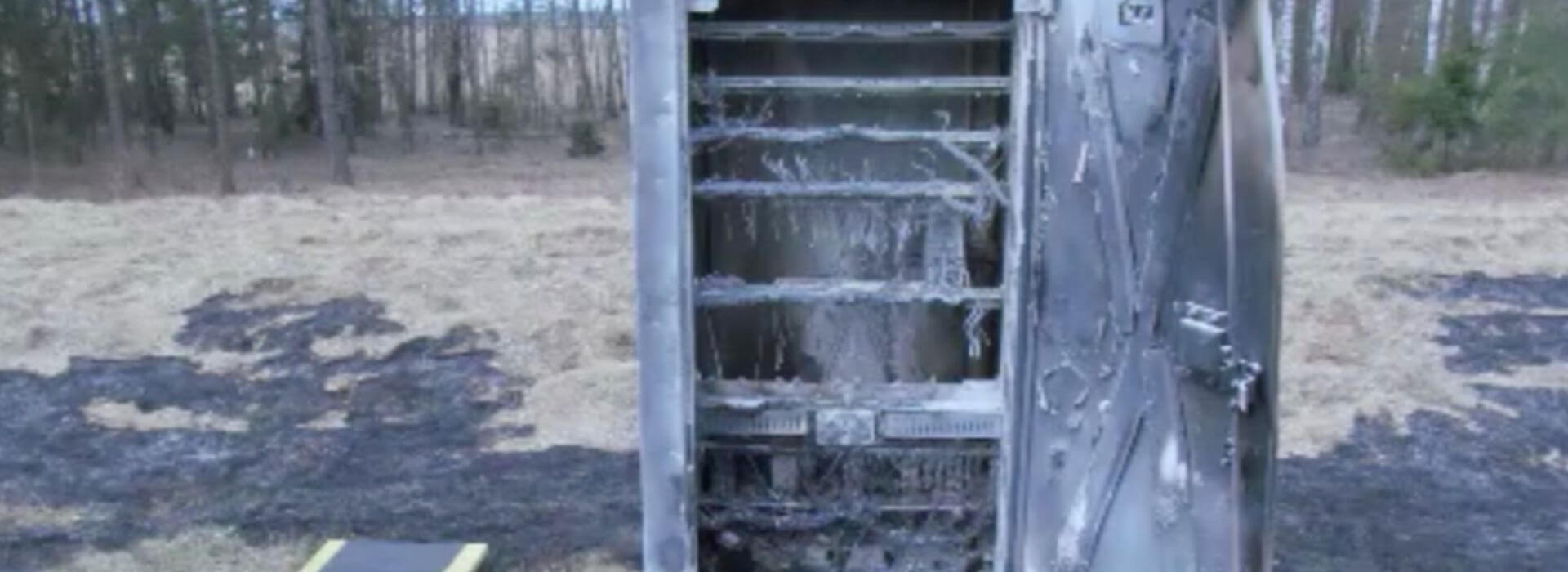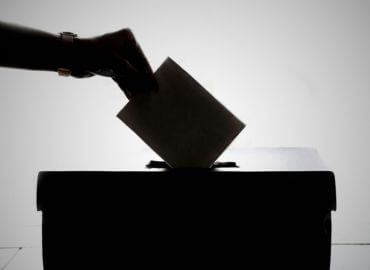- LUKASHENKA ADMITS PARTICIPATION IN ON-THE GROUND OPERATION
- GROWING ATTACKS ON RAILROAD INFRASTRUCTURE
- INCREASED ECONOMIC PRESSURE ON LUKASHENKA REGIME AND RUSSIA
LUKASHENKA ADMITS PARTICIPATION IN ON-THE GROUND OPERATION
This is an update on the ongoing political crisis in the Republic of Belarus prepared for you by the International Strategic Action Network for Security (iSANS).
The number of acknowledged political prisoners in Belarus grew to 1120 people (full list of names is available here). People in detention continuously report the use of torture and severe health issues caused by conditions of detention. In the light of Lukashenka regime complicity in war against Ukraine, political repressions target new audiences in Belarus, including volunteering Wikipedia editors from Belarus.
On April 7, Lukashenka publicly admitted that Belarus military took part in ground operation within the territory of Ukraine. Although no details of such acts were provided or independently confirmed, this statement shall be treated as additional confirmation of Lukashenka’s participation in war as Russia’s troops retreat from Northern Ukraine into Belarus.
Russian army’s failure to ensure the secrecy of its troops within Belarus was largely affected by a combination of popular anti-war underground movement and OSINT work of Bielaruski Hajun project ran by media activist Anton Matolka. Since February 2022, Hajun project has become the largest database on movement of Russia’s military, aircrafts, and missile launches within Belarus and is currently the fastest growing Telegram-channel in the country. Although both the Kremlin and Lukashenka regime still continue to use «three brothers» narrative in their relations with each other and Ukraine, hostile attitude of Belarusians to Russia’s troops on their soil reflects how much the public opinion is different from the narratives of official propaganda.
Hostile activity of Lukashenka’s state security during aggression against Ukraine was additionally reported by Meta. In its latest report, the company mentions fake publications in Ukrainian and English about Ukraine’s collapse that were sent en masse from KGB-related accounts.
As Russia’s advancement in Ukraine slows down, there is notable change in behavior of Lukashenka regime that is equally compliant of aggression against Ukraine. Since recently, both the Kremlin and Lukashenka repeatedly call for inclusion of Lukashenka and his regime as necessary party to peace talk and «guarantor» of Ukraine’s security claiming no talks can happen «behind Belarus’s back» although Lukashenka has no legal capacity to represent Belarus, in first place. This narrative is targeted to seek international recognition of Lukashenka and his subordinates. In circumstances of military occupation by Russia and puppet government status of Lukashenka regime this scheme largely reminds the status of BSSR as the Kremlin’s «voting leverage» in the United Nations and, hence, has no objective grounds.
GROWING ATTACKS ON RAILROAD INFRASTRUCTURE
Attacks on railroad infrastructure and hacks of railroad IT infrastructure remain a growing problem for Lukashenka regime and Russia’s troops in Belarus. Last week, Lukashenka’s security services reported over 80 attacks on railroad infrastructure (Minsk-based regime treats them as «terrorists» although the anti-war movement deliberately aims for zero-victim operations). All attacks are reported to have similar characteristics and are attributed to Belarusian pro-democratic partisans and anti-war activists. No individuals are reported harmed during attacks on crucial infrastructure that reportedly slows down the movement of Russia’s military across Belarusian railroads. On March 30, at least two people were severely wounded by gunshots fired by state security during pursuit of three individuals who reportedly plotted an attack on railroad control systems.
INCREASED ECONOMIC PRESSURE ON LUKASHENKA REGIME AND RUSSIA
Belarus faces a sovereign bond crisis, with a debt default forecasted in the under 12 months. This process, however, may speed in the background of reports about Russia potentially defaulting on its sovereign debt around May 4, 2022 as both Belarus and Russia offer payback in rubles, not euros and dollars as required by debt contracts. Belarus economy is expected to drop by 6 to 7 percentage points in 2022 (with further 0.7% in 2023). The country will experience additional difficulties as activists block the movement of cargo trucks on the Polish side of Belarus-Poland border (that is intended to last until at least April 17) and Lithuania bans Russia– and Belarus-registered trucks in its territory.
On April 7, the U.S. Congress voted unanimously to suspend normal trade relations with both Russia and Belarus. After President Biden signs the bill, Belarus – along with Russia – will face higher tariffs. Although this move will affect Russia at a greater scale, Lukashenka regime is either facing potential loss of trade with the Unites States.
On April 8, Joe Biden introduced new restrictive measures against oil and gas trade with both Belarus and Russia.
In addition, U.S. Department of Commerce issued a final rule that expands «highly restrictive controls on the export and reexport of U.S.-origin and certain foreign-produced commodities, software, and technologies to Russia and Belarus».
Although sanctions target particular individuals and corruption-affected industries, certain decisions by Western companies and governments affect Belarusian citizens as a whole. For instance, a U.S.-based AirBNB banned all Belarusian citizens from using this service from within the Republic of Belarus. Such solution should be treated an act of discrimination and may negatively affect those Belarusians who seek temporary housing during escape from Belarus.
Similarly, the organizers of Boston marathon banned people currently living in Belarus from participation in this sports competition without separating politically-engaged athletes from regular civilians. Such practices invoke discrimination and may potentially cause harm to the victims of Lukashenka regime and athletes who did not participate in political events on the behalf of Lukashenka regime.
Similarly, Estonian government ceased issuing visas and residency cards to Belarusians which will potentially affect pro-democracy activists and victims of repression. Such practices should be avoided or redesigned to ensure they do not cause more harm to civilians in Belarus.
Best regards,
iSANS team










